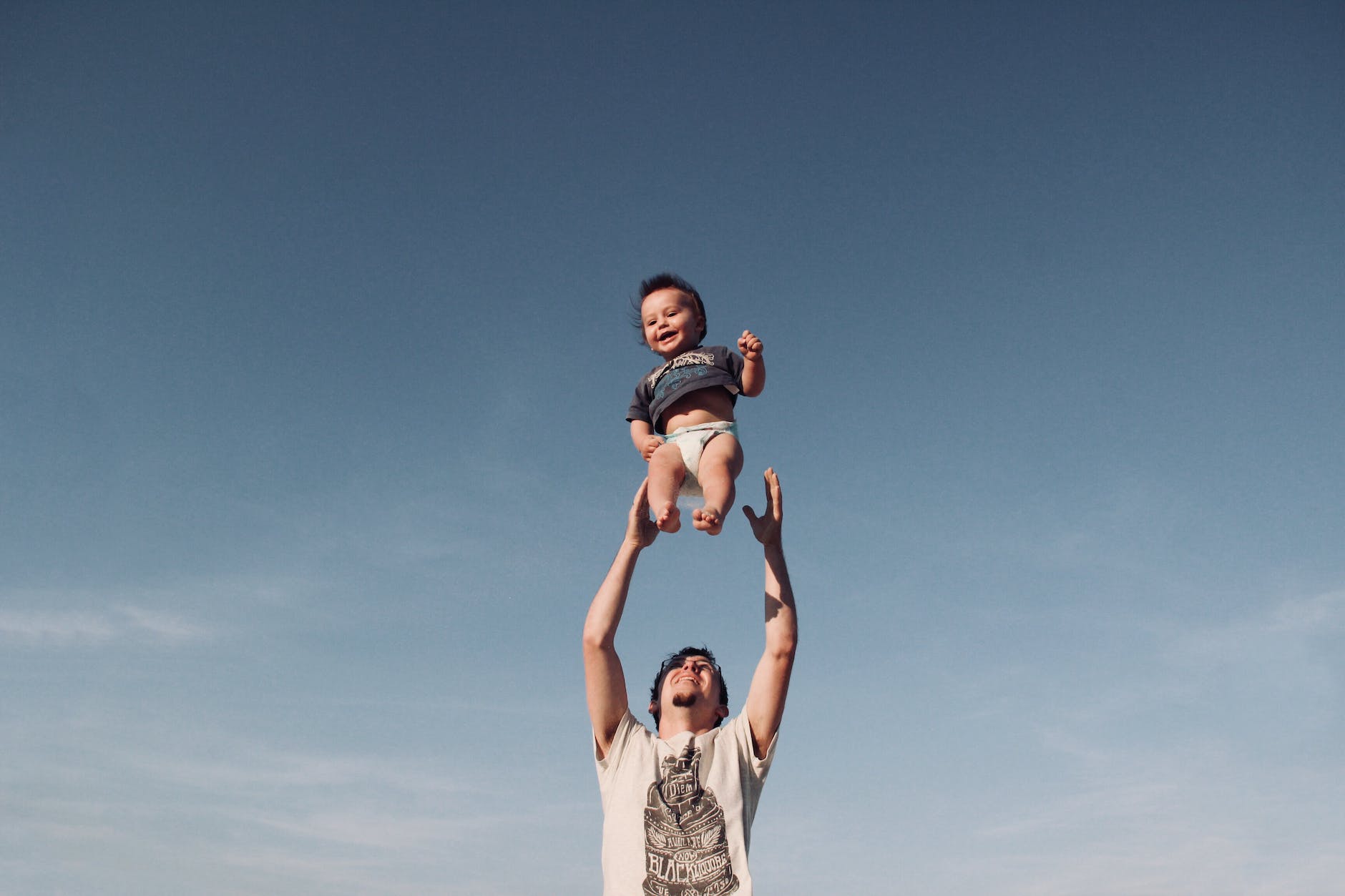Parenting: determining your worldview

John Wills Njoroge is a psychotherapist and social diagnostician who…
Have you ever wondered why we respond or react differently in life? Indeed, we are created differently and wired uniquely by our upbringing. How we were parented or how we are parenting has life-long significance on our ability to relate, and respond. Both children, youth, and adults have certain needs that if ignored or deprived end up causing suffering. How we were parented informs a lot in our daily routine because those patterns affect our way of life either positively or negatively. They can show up at work, in marriage, or even how we are parenting our children. As an adult, it is important to explore your adolescent years because they may reveal general psychological vulnerabilities caused by environmental factors such as the conflict between peer pressure and parental pressure, and hostile social and economic backgrounds. Adolescents who grow up in a hostile environment can be exposed to physical and mental illness because of their surroundings. Have you heard of a friend struggling to cope with and manage stress? This could be a result of a hostile environment they were exposed to which for the record, produces a general inability to handle stress and build resilience in stressful situations.

There are parenting styles influencing how children are responding to life and how adults live because of how they were shaped by them. These experiences we carry with us in our adulthood because there are perspectives engrained in us that give meaning to our worldview informed by how we were parented.
The first we look at is authoritarian parenting. This is a restrictive style whereby the parents or caregivers set many rules to govern their children. The parents excessively expect strict and consistent obedience and rely on power in their interactions rather than a reason to cause submission. As an adult, you will find that social interactions are guided by “It is either my way or the highway”. Those raised by authoritarian parents will seek to “respect and submit” in this case out of fear of punishment rather than love, human connection, and care. Such a person has experienced low self-esteem which may reduce their capacity to seamlessly integrate into society. They can also easily succumb to peer pressure as a way of seeking affirmation because at home the parent was demanding, unwilling to negotiate, allowing very few choices for the child and providing little warmth. At work, they will give the bare minimum just to be safe and secure.
The authoritative style of parenting is an adaptable style of parenting, with democratic approaches whereby warm and accepting parents provide direction, information, and conduct regulations. If as an adolescent, you were raised by authoritative parents, they allowed you to decide how best to meet challenges and obligations while present. This style of parenting approaches and practices includes parental monitoring of the adolescent and an intentional compassionate parent-adolescent relationship. This is said to highly reduce the risk of early childhood depressive symptoms by increasing and building self-esteem and life experiences that bring satisfaction to your daily interactions.
The permissive parenting approach is a tolerant pattern of parenting in which accepting parents and caregivers make few parental expectations of their children. Worth noting is that they rarely attempt to regulate their children’s behavior while interacting. Children raised by permissive parents are often impulsive in what they do, aggressive in their relationships, mean, and self-centered. As an adult, you might struggle with social interactions while relating with others, be aimless and without focus, and be constantly demotivated in life. However, it is important to note that a warm and permissive style applied to adolescents who have learned self-control in life can be effective in adulthood.
A permissive style of parenting can also lead to poor social ties between the parent and child. This is because of a lack of strategic parenting-driven expectations for the child in their work. Although permissive parenting styles provide the child with emotional support, they tend to avoid introducing effective rules of engagement. They instead choose to promote independent decision-making for their children and self-regulation of emotions, without confrontation and discipline in their interactions. Therefore, as an adult raised in a permissive parenting environment, one can be prone to decreased happiness because some interactions are not based on authentic human connection.

The uninvolved style of parenting is the way of parenting where parents are both aloof and even hostile towards children. An uninvolved parent is over-permissive and almost as if they don’t care about their children’s welfare or about how they turn out in life. Children raised by neglectful parents tend to display behavioral problems which is a reaction to internal turmoil. In the workplace, these bosses or employees show aggression while relating with others and frequently exhibit temper tantrums even later in life. They also tend to develop into hostile and disorderly adults who are prone to abuse substances as a way of addressing internal pain. They tend to be resentful, vengeful, and prone to striking back at their uncaring parents as a way of expressing pain and frustration. There’s a reason for everything under the sun and a season for every situation. For every human conduct thought, emotion, and reaction in life, it doesn’t matter what it looks like on the outside, it reflects humanity’s strongest desire to be loved or to love in both adults and children.
If we can approach life with non-violent human interactions, enact policies that promote human dignity, and create different healing stories, we will meet human needs that were at some point frustrated in our early development. At the workplace, some will say “I am not your caregiver” but try to imagine that colleague has, all their life, been trying to have that need met and reconcile with self and past experiences. When you find a worker or your child behaving very aggressively, there’s always a good reason for it. This is someone crying for help and when somebody comes for help, the human thing to do is to direct them where they can be assisted. It takes a lot of work and emotional intelligence to see reality in human beings held underneath their words and underneath their behavior. In conclusion, do unto others what you would want them to do unto you and do unto yourself what you consider self-care.
What's Your Reaction?
John Wills Njoroge is a psychotherapist and social diagnostician who assists individuals and teams clarify their purpose in life and create a philosophy of their existence and work. He is co-founder of Lead Global Impact, an organization that builds the leadership capacity of primary and high school children and youth in Kenya. He is the author of ‘Father to Son’, a manual designed for fathers to better understand their sons and relate more effectively with them, and ‘Brave Hearts Leadership Program’ a manual that has been used widely to train boys as responsible leaders. Among many other leadership roles, he is consulted and contributes to shaping narratives on youth matters and social justice in Kenya’s mainstream media.

















